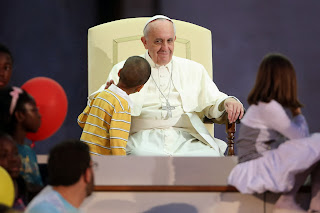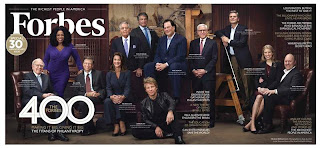Pope Francis Is No More A Socialist Than Is...: Living In The Age of Francis of Buenos Aires

“When I give food to the poor, they call me a saint. When I ask why the poor have no food, they call me a Communist.” - Archbishop Hélder Câmara, of Brazil - "Is Pope Francis a Socialist?" My jaw dropped when I read the title of the cover article in the December 13, 2013, on-line edition of Newsweek over my iPad. I thought to myself, this pope is no more a socialist than is Barack Obama. Let’s face it: in America, if you offer to turn on the light switch for someone because the room is dark, conservatives will call you a socialist. Without a doubt, this first pope from Latin America (a child of European immigrants) is as everyone points out, humble and self-effacing. He has eschewed as the Newsweek article points out, a lot of “the pomp and circumstances and the lavish trappings of his office in the Vatican that helped conjure the awe and authority of popes down the centuries.” He took the name of a humble saint, Francis of Assisi. Wanting to lead a



